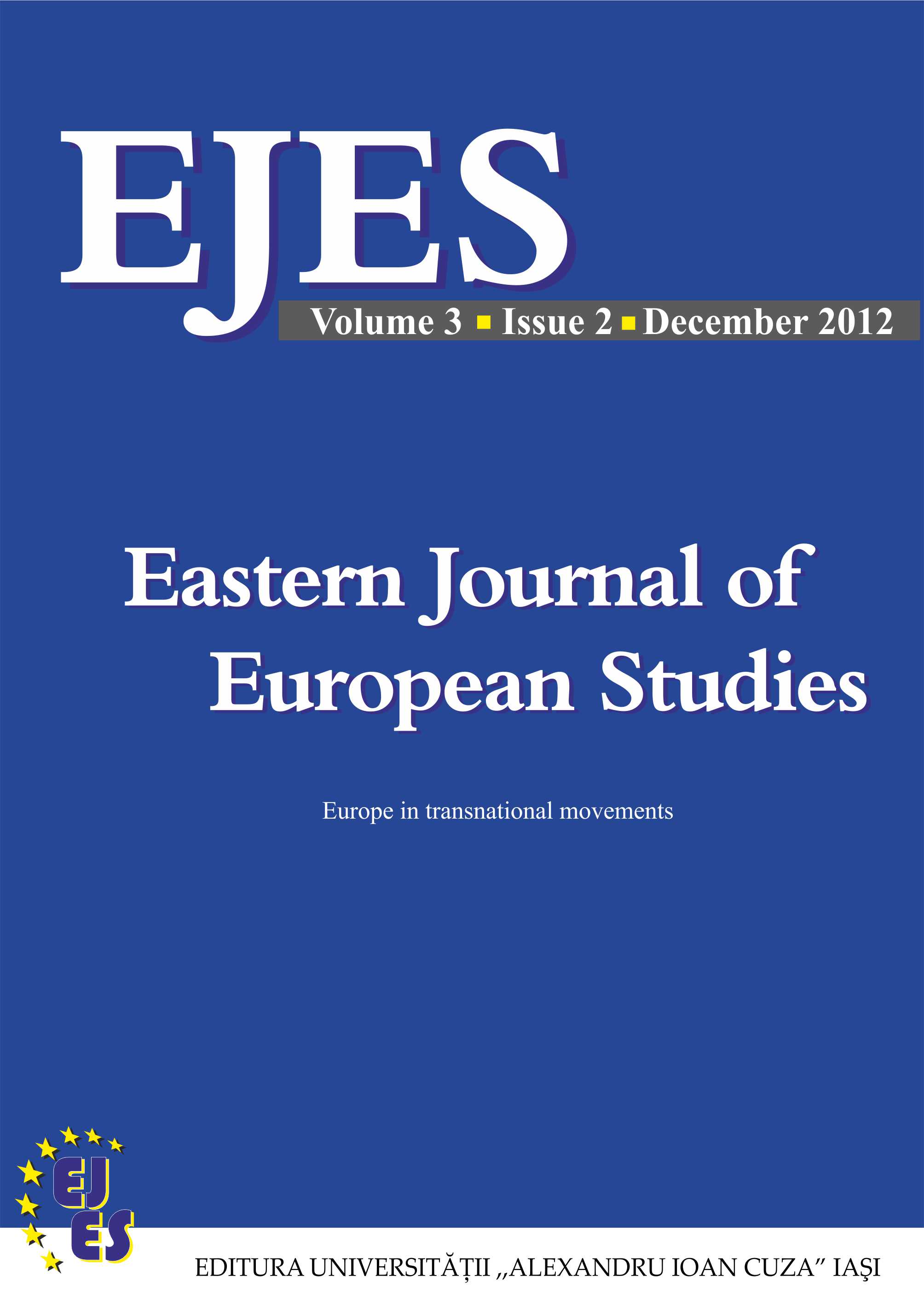Worker remittances and government behaviour in the receiving countries
Worker remittances and government behaviour in the receiving countries
Author(s): Thomas ZiesemerSubject(s): Politics / Political Sciences
Published by: Editura Universităţii »Alexandru Ioan Cuza« din Iaşi
Keywords: remittances; savings; tax revenues; public expenditure on education;
Summary/Abstract: We estimate the impact of worker remittances on savings, taxes, and public expenditures on education, all as a share of GDP, for two samples of poor and less poor countries. Remittances increase the savings ratio in both samples. Savings have an (inverted) u-shaped impact on the tax ratio in poor (richer) countries. Higher tax revenues lead to higher public expenditure on education in both samples. When remittances increase, in the richer sample, governments raise less tax revenues but spend more on education in direct response, whereas governments of the poorer sample raise more tax revenues at low levels of remittances, but less at high levels of remittances. In simultaneous equation simulations of a positive permanent shock to remittances, the governments of richer countries reduce taxation and public expenditure on education as a share of GDP. In poor countries, this leads to higher tax revenues and spending of more money on education.
Journal: Eastern Journal of European Studies
- Issue Year: 3/2012
- Issue No: 2
- Page Range: 37-59
- Page Count: 23
- Language: English

